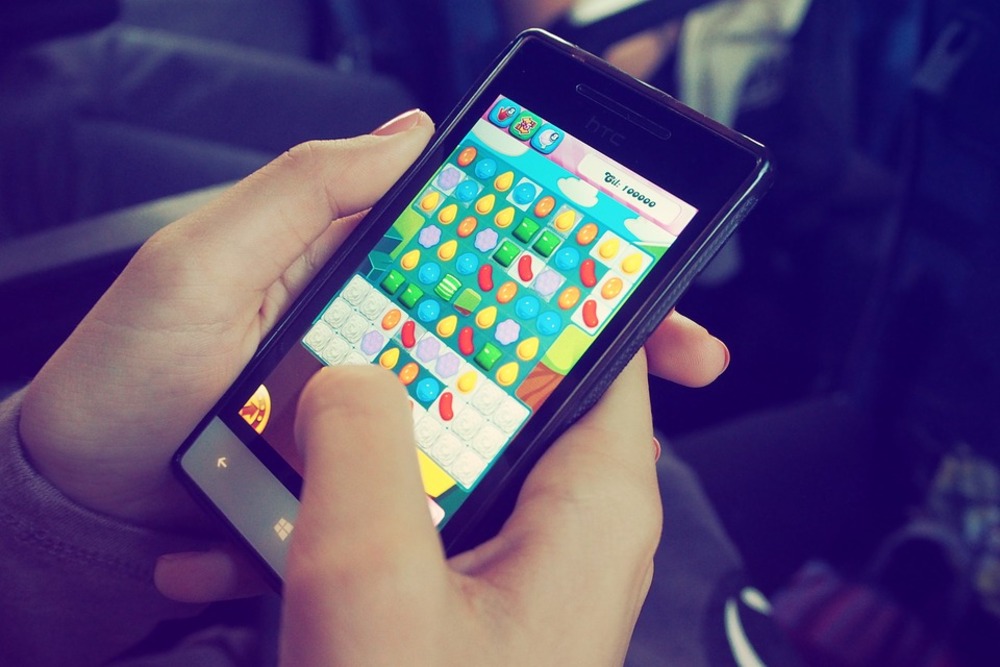British inventors have revealed that some smartphone games, such as Candy Crush and Tetris, may help identify cognitive decline signs.
These findings were founded on the actuality that these smartphone games usually necessitate visuo-spatial capabilities, reactivity, and numerous hand gestures. Moreover, these reactions are associated with cerebral functionality.
Cognitive capabilities required in smartphone games
The results of this study were revealed at the International Ubicomp 2019 Conference on September 12. The scientists significantly scrutinized the cognitive capabilities of twenty-one (21) participants, and this was undertaken using a standardized written examination.
Later on, various ten (10) minute sessions were administered to the participants, whereby they had to play several smartphone games, such as Candy Crush Saga, Tetris, and Fruit Ninja. This was undertaken using two (2) distinctive timeframes of fifteen (15) days apart.
The researchers acknowledged that the decision to utilize these games was arrived at as they are engaging and simple to learn. Additionally, many finger movements are necessitated.
Cognitive abilities depicted by smartphone sensors
The scientists successfully established a connection between cognitive abilities and rotation movements using smartphones’ built-in sensors.
Moreover, the participants’ memorization, concentration, and visuo-spatial capabilities were tested with the aid of smartphone games.
The British scientists believe the smartphone games can aid doctors to detect patients’ motor capacity changes, especially for those suffering from obsessive-compulsive disorder, schizophrenia, stroke, or Alzheimer’s disease.
The researchers also stipulated that they were working on an algorithm that could be instrumental in automatically monitoring people’s cognitive performance whenever they played these games.
Conversely, another recent study revealed that magnetic resonance shows brain wiring. Notably, Dr. Erhan Genc, a section member of Biopsychology, asserts magnetic resonance (MR) is instrumental in showing the link between overall awareness and brain characteristics, specifically, the distinctive characteristics of a brain of a smart person.
A type of magnetic resonance imaging known as diffusion tensor imaging was utilized by the scientists in investigating the brains of three hundred and twenty-four (324) adults.







